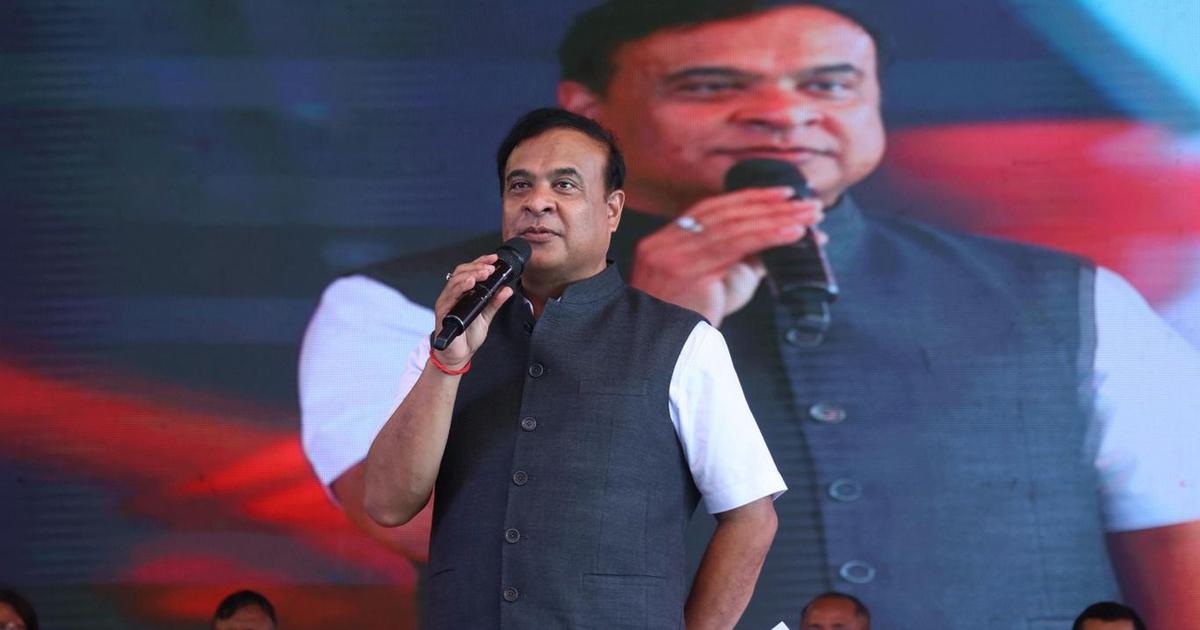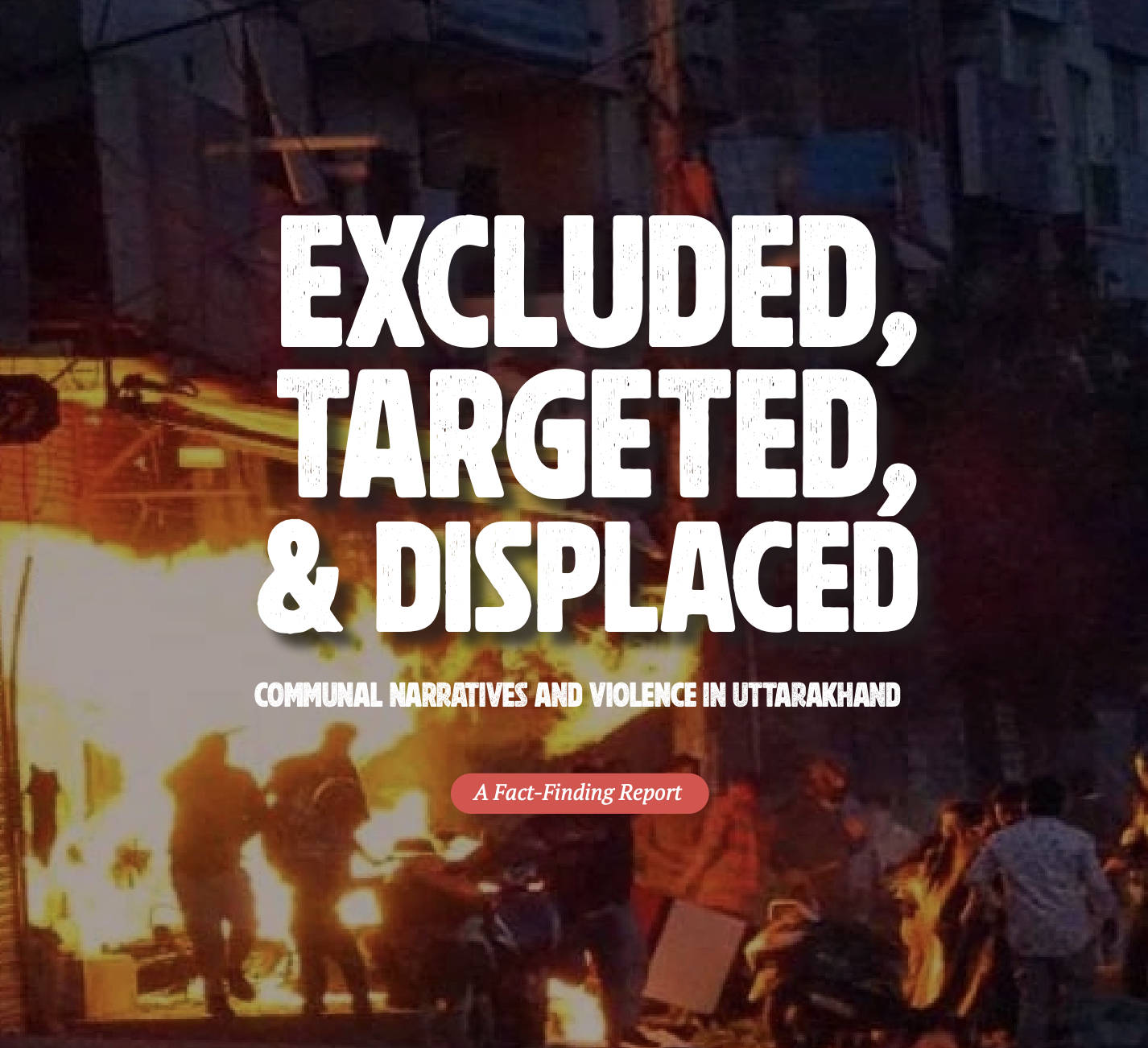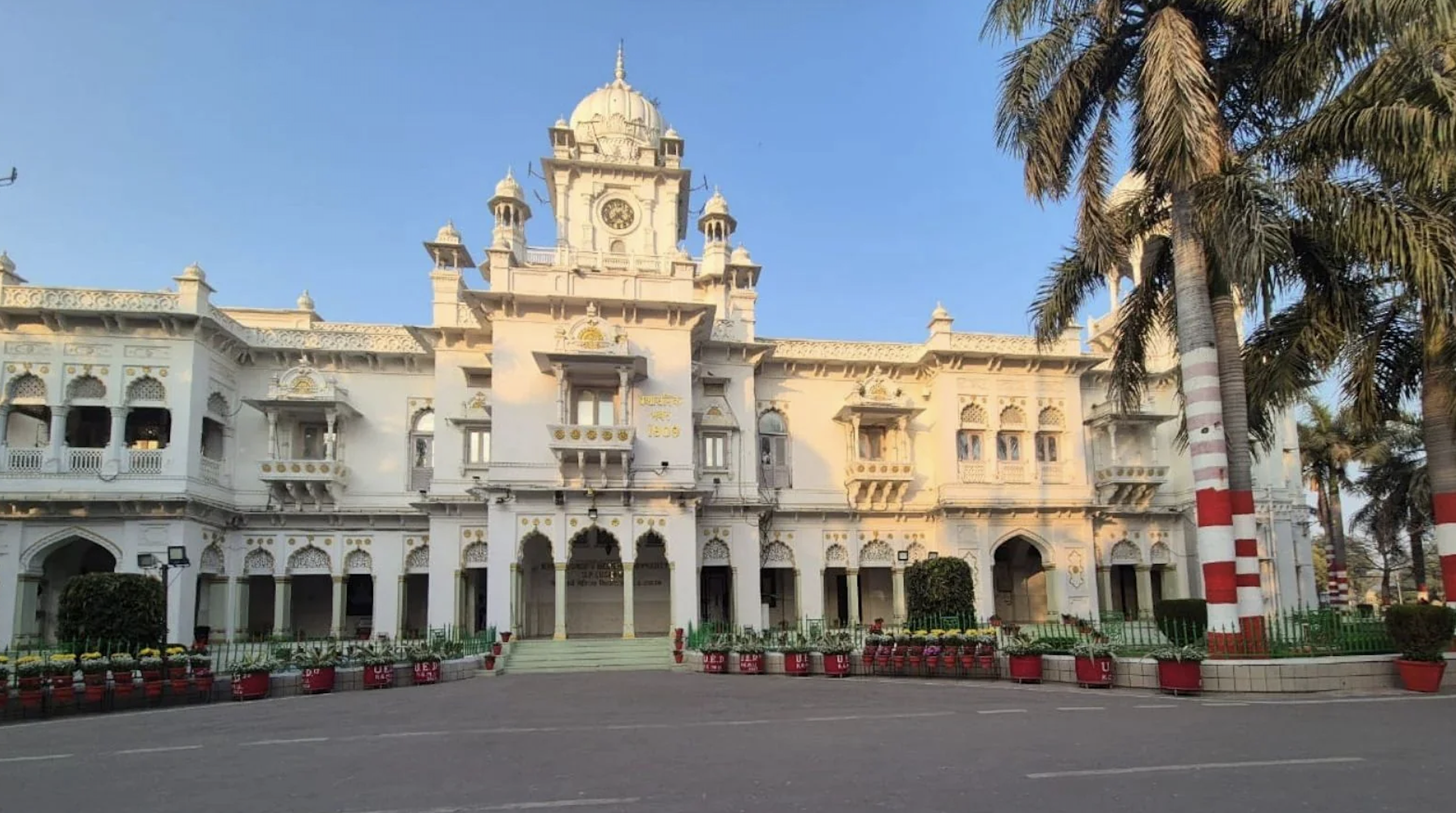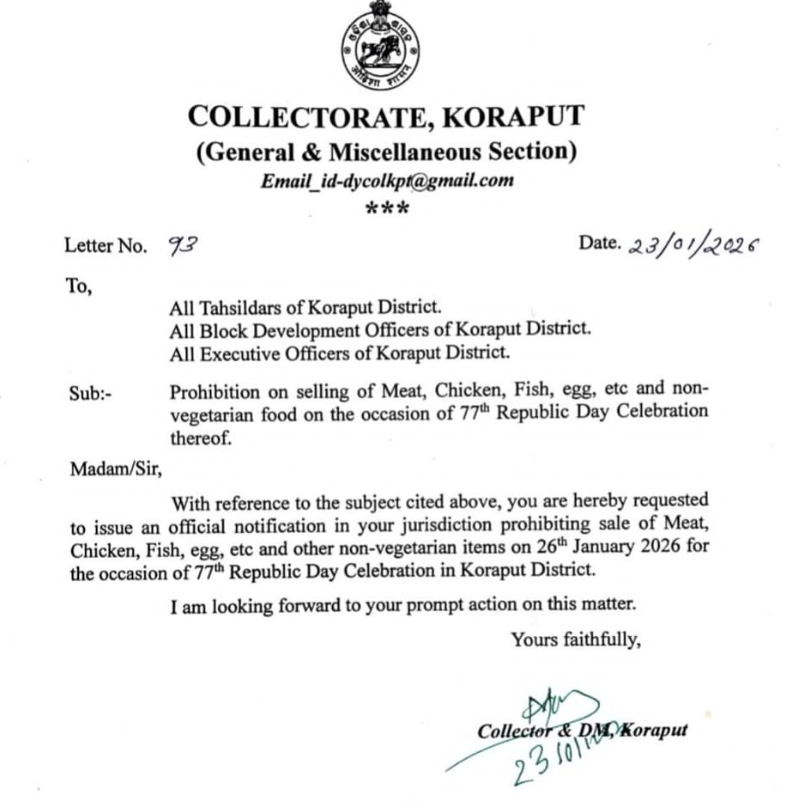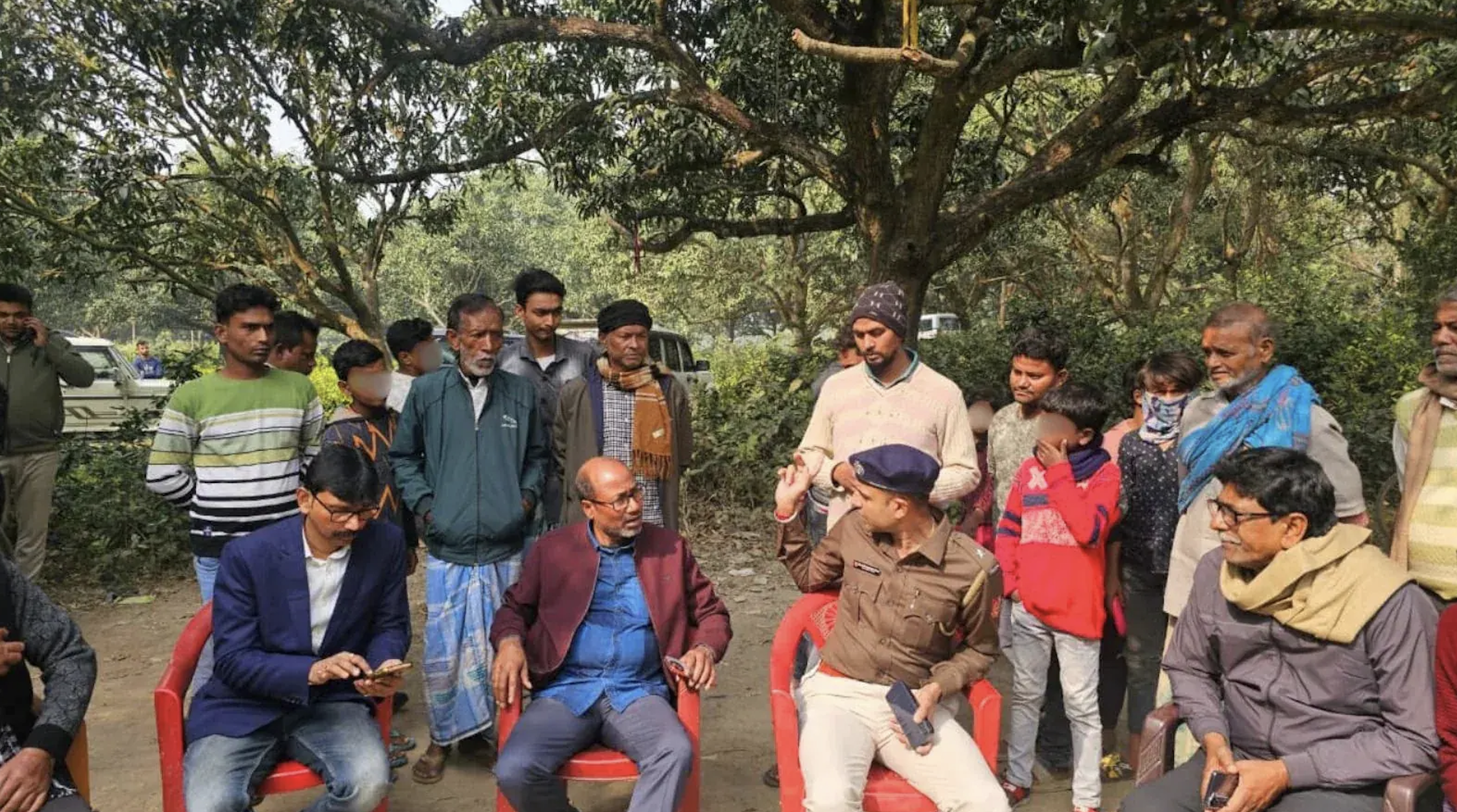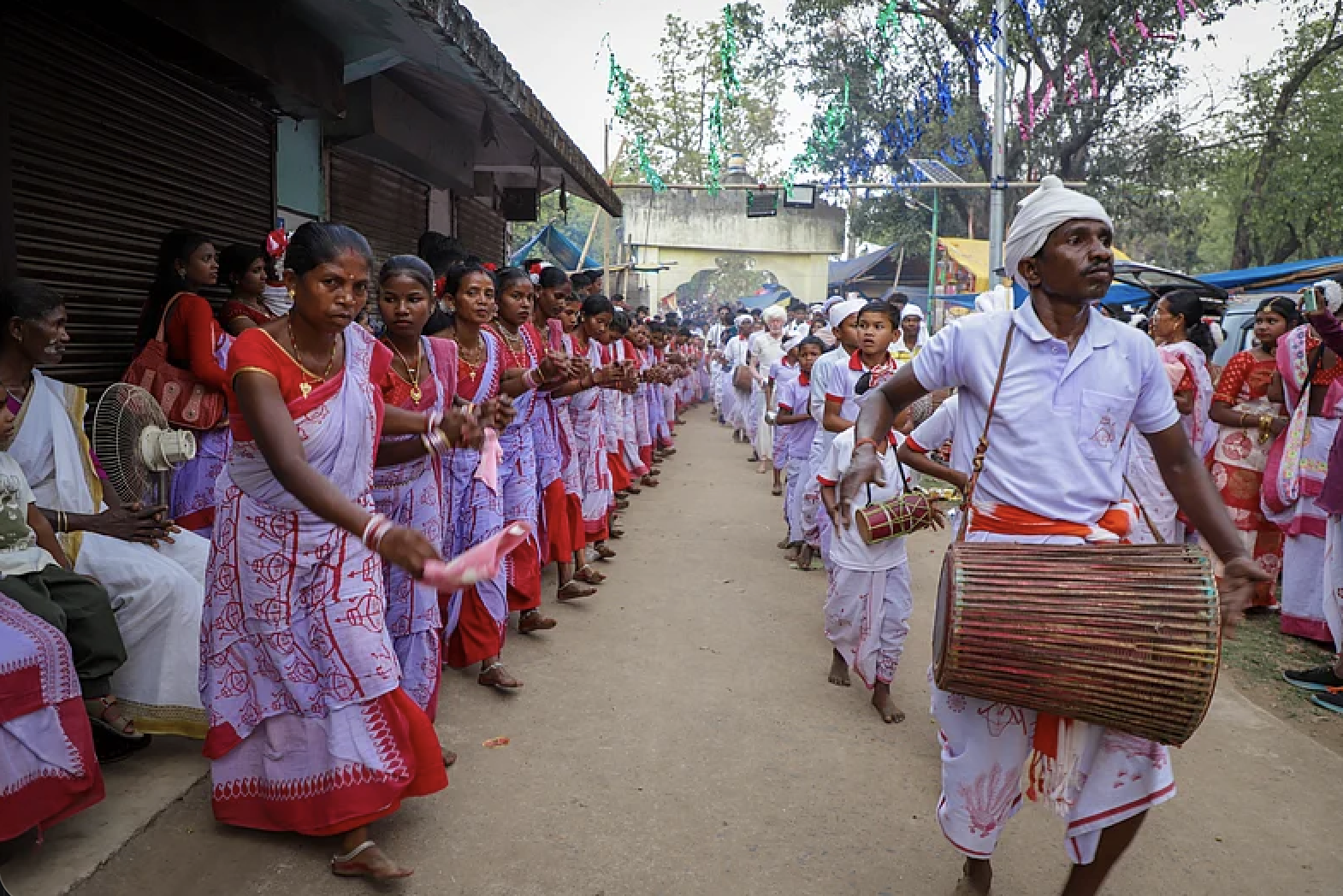
By Md Asghar Khan
Sandeep Oraon, 50, a resident of Budulia village in Kanke block of Jharkhand, made a choice nearly two decades ago, when, in 2003, he joined the state unit of the Akhil Bharatiya Vanvasi Kalyan Ashram (VKA). An affiliate of the Rashtriya Swayamsevak Sangh (RSS), the organisation has been, for the past 73 years, working for the cause of tribals across India.
For Oraon, it was a matter of preserving his identity. “If I hadn’t joined the VKA, my name would have been Simon instead of Sandeep,” he says, referring to the large-scale religious conversions prevalent across Jharkhand for decades. “That’s the biggest strength of this institution. It allows you (tribals) to remain who you are.”
Two years after joining, he was entrusted with a crucial responsibility in the Janajati Suraksha Manch (JSM)—an RSS initiative that works under the umbrella of the VKA. Its primary demand is to delist Adivasis who have converted to Christianity or Islam from the Scheduled Tribes (ST) category.
In 2023, the JSM organised a massive rally in Ranchi, demanding such a delisting. Oraon played a central role in that rally. Today, he serves as the regional convener for North-Central India, covering Jharkhand and Bihar’s Seemanchal region.
“The JSM safeguards and promotes the cultural, religious and natural identity of tribals and never advocates moving away from them,” Sandeep explains. For him, preventing religious conversion is essential to protecting tribal traditions, because, he argues, conversion poses a serious internal threat.
This stance mirrors that of the RSS and the allied Hindutva organisations. Alarmed by the growing influence of Christian missionaries in tribal society, the RSS established its first VKA in Lohardaga in 1969. By the 1980s, it had expanded to Palamu, Gumla and northern Chotanagpur, setting up a network of schools and health centres. In 1982, social worker Ashok Bhagat founded the NGO Vikas Bharti in Bishunpur, Gumla, to further consolidate the Sangh’s reach among Jharkhand Adivasis. Together, Vikas Bharti and the VKA claim to, directly or indirectly, reach nearly 60 per cent of Jharkhand’s Adivasi population.
Today, the VKA runs over 100 formal schools, 21,000 service centres for education and health, 16 medical clinics, and more than 5,000 Ekal Vidyalayas in the state. Along with Vikas Bharti’s 300 full-time workers, other RSS-linked groups also operate extensively among Adivasis.
This story was originally published in outlookindia.com. Read the full story here.


